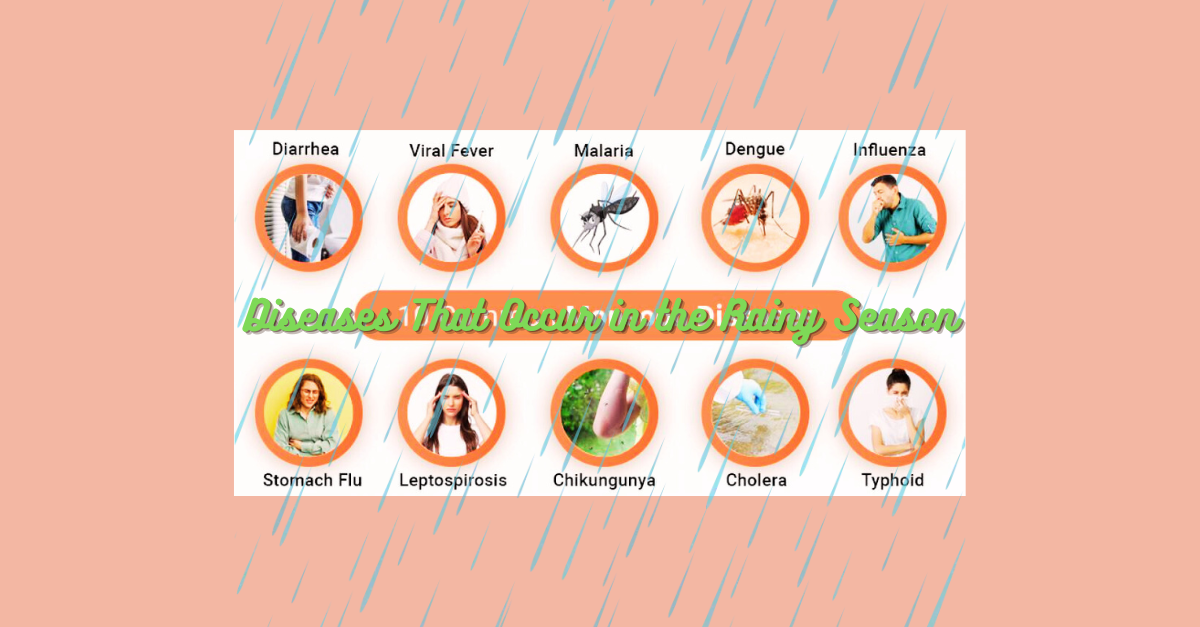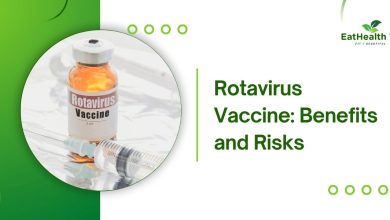What are the Diseases That Occur in the Rainy Season?
Diseases That Occur in the Rainy Season
During the rainy season, certain diseases are more prevalent due to factors like increased humidity, stagnant water, and higher mosquito breeding rates. The specific diseases that occur during the rainy season can vary depending on the region and prevailing conditions. Here are some common diseases that tend to be more prevalent during this time:

1. Malaria: Plasmodium is a parasite that causes the mosquito-transmitted illness malaria. Mosquitoes breed more in stagnant water, which is often abundant during the rainy season, leading to an increase in malaria transmission.
2. Dengue Fever: Like malaria, dengue fever is also transmitted by mosquitoes. Aedes mosquitoes, responsible for transmitting dengue, breed in containers and puddles of water, which are common during the rainy season.
3. Chikungunya: Another viral disease transmitted by mosquitoes, chikungunya, has similar vectors to dengue. During the rainy season, cases of chikungunya can increase in areas with high mosquito populations.
4. Leptospirosis: Leptospirosis is a bacterial disease that can spread through contact with water contaminated by the urine of infected animals, often rats. Heavy rains can lead to flooding, increasing the risk of exposure to contaminated water.
5. Typhoid Fever: This bacterial infection, caused by Salmonella typhi, is commonly associated with contaminated food and water. During the rainy season, water sources can become contaminated, leading to an increase in typhoid cases.
6. Gastrointestinal Infections: Waterborne diseases like cholera and various gastrointestinal infections can become more prevalent during the rainy season when water sources become contaminated with sewage and other pathogens.
7. Respiratory Infections: Rain and increased humidity can contribute to the spread of respiratory infections like the flu, common cold, and other viral illnesses.
8. Fungal Infections: Fungal skin infections, such as ringworm and athlete’s foot, may become more common due to the warm and damp conditions during the rainy season.
Preventive measures such as proper sanitation, mosquito control, and avoiding contact with contaminated water can help reduce the risk of these diseases during the rainy season. It’s essential to stay informed about health advisories issued by local health authorities and take appropriate precautions to protect yourself and your community.




